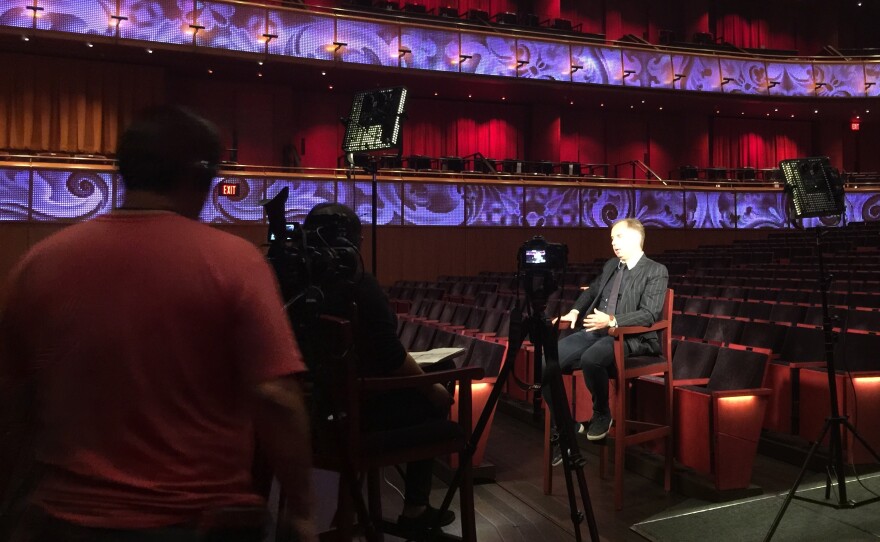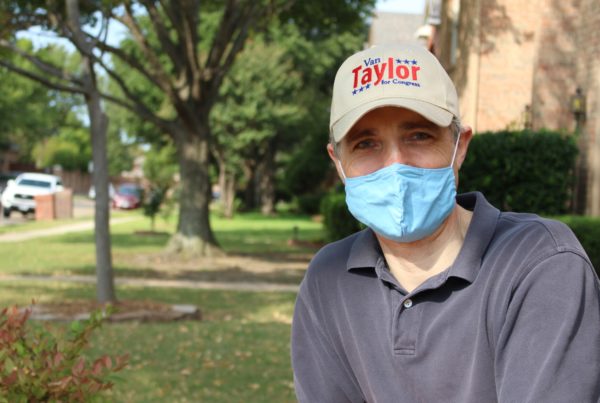The San Antonio Symphony’s management and musicians are still deadlocked in negotiations, but as of Monday there’s slightly more of a chance of resolution. Over the weekend Music Director Emeritus Sebastian Lang-Lessing contacted TPR to talk about his hopes to come from mediation and beyond.
“The whole country is looking at San Antonio and shaking their heads and saying, ‘How is that even possible?’” Lang-Lessing said.
What he’s talking about is the stalemate between the union musicians and symphony management that has had the symphony on strike and off stages since last September. He said the symphony’s proposal isn’t viable.
“The plan that is proposed is just totally not realistic. For many reasons it’s not realistic,” he said.
That plan was management’s so-called last, best and final offer, which would reduce the orchestra’s 72 players to 68, and turn 26 of them into part-time players. He has strong words against that plan.
“It is immoral because you have existing players — how do you determine who goes in one category or the other? It’s not a functional orchestra,” he said. “You won’t keep players in town in San Antonio for $11,000 a year.”
That dollar amount is the other part of that offer. Those newly part-time musicians’ wages would be cut from upwards of $35,000 a year to $11,250 a year. Even the full-time players who remained would take a dramatic cut: from $35,000 to $24,000.
“Which also is not sustainable. It’s not a job for which you stay in a city,” Lang-Lessing said.
Even before proposed cuts in pay, San Antonio’s symphony is by far the least-paid in the state. While Lang-Lessing is clearly on the side of the musicians, he’s also clearly not anti-management.
“I don’t want to blame the CEOs and the management at the symphony constantly for failure because frankly, these are just people, and they have been exchanged multiple times,” he said.
He points to turnover at key positions in symphony management — nine CEOs in Lang-Lessing’s decade as music director. He thinks the symphony problems are the end result of a much larger one.
“There is a mindset in San Antonio that needs to be changed that the arts are an extra luxury. Not a necessity,” he said. “I think that most of the people don’t think that way, but people with money and influence seem to think that way, unfortunately. And the level of giving in San Antonio has been significantly lower for corporations and some very wealthy individuals, than it would be for similar cities across the nation.”
Today a new twist: union negotiators and management are meeting with the Federal Mediation and Conciliation Service in an effort to break the stalemate in negotiations. While Lang-Lessing is hopeful, he thinks something additional is needed: a citywide meeting of the minds to try and hash out new solutions for the recurring problem of underfunding.














